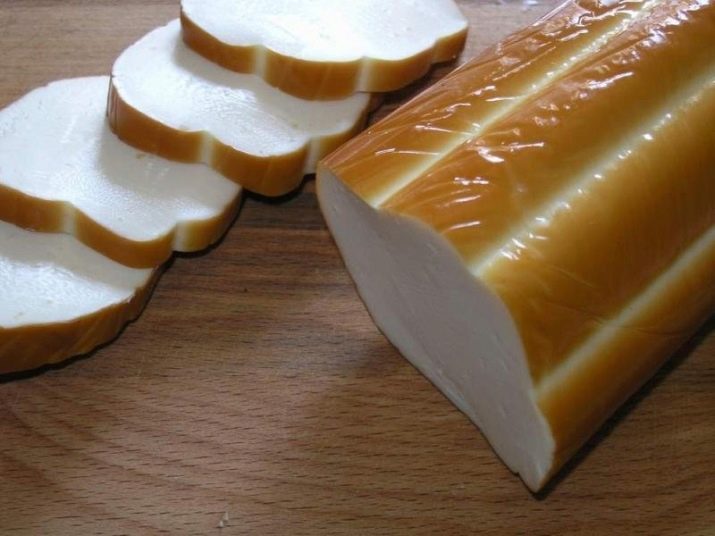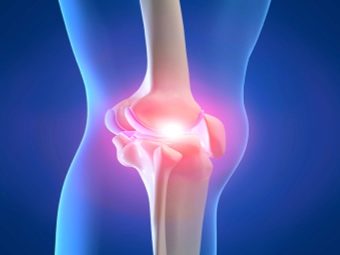Calorie sausage cheese

Sausage cheese is a popular and beloved product by many people. But in order to use it with health benefits, you need to know exactly how many calories per 100 grams of this product. It is also worth paying attention to its chemical composition.
Features of obtaining
Smoked sausage cheese has an expressive taste and is well suited for both daily table and festive meals. Both soft and hard "real" cheeses can be used as raw materials. They are often associated with:
- oils;
- fats;
- cottage cheese;
- spices.

Cream and many other components can also be used. After mixing the initial products, they are melted and packaged in loaves familiar to everyone.
Only the packaged product is cooled. But that's not all: when the amber cheese cools down, it is smoked. For this purpose, only sawdust from wood, in which there is no resin, is used.
Composition and nutritional value
The calorie content of sausage cheese after smoking is 271 kcal per 100 g. Modern technologies make it possible to preserve all the valuable characteristics of processed cheeses. This product contains significant amounts of:
- phosphorus;
- vitamin A;
- calcium;
- vitamins B2, B5, B12;
- folic acid;
- vitamin D.

The nutritional value of 100 g of sausage cheese is 16.3% of the daily requirement. Therefore, it should be removed from the diet of all those who want to lose weight. But when gaining weight, limited doses of this product can be used fearlessly.
Benefit and harm
In terms of energy value, this product is noticeably inferior to such popular brands of hard cheeses as Russian or Maasdam.Despite this fact, as well as the presence of a number of useful substances, one-time use of a sausage product should be limited at around 100 - 150 g. It has been established that sausage cheese:
- optimizes cardiac activity;
- helps to avoid "night blindness";
- improves the appearance of hair and nails;
- makes teeth and bones stronger.


The potential risk is associated primarily with the purchase of low-quality fakes. If phosphates are added to the composition of the product, this can exacerbate kidney disorders. Citric acid causes many stomach ailments.
But even undeniably high-quality sausage cheese becomes dangerous if consumed excessively. Absolute contraindications even for small doses of it are excessive fullness and hypertension, as well as acute diseases of the gastrointestinal tract.
As for the BJU formula, 100 g of sausage cheese contains:
- 21 g protein;
- 3.7 g of carbohydrates;
- 19 g fat.

This is respectively 46.2 and 35% of the norm for 24 hours. You should avoid buying a product with flavor enhancers. One more nuance: such a product is contraindicated for everyone who has intolerance to fermented milk products. With caution it is required to eat:
- with high cholesterol;
- with a tendency to accumulate salts;
- with arthritis, arthrosis;
- with frequent allergies;
- against the backdrop of high blood pressure.


For quality sausage cheese, the surface should be smoked, which does not happen when simulating smoking with liquid smoke. It is categorically unacceptable to use a product with a sour or other atypical odor.

You can learn more about sausage cheese in the next video.

















